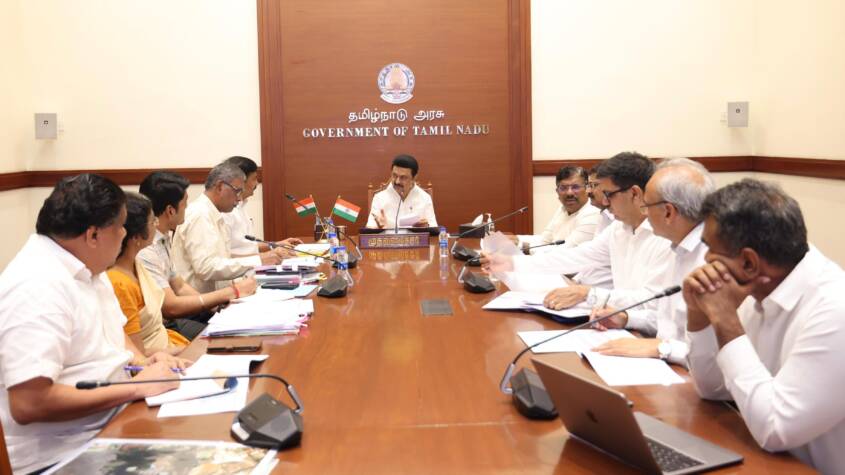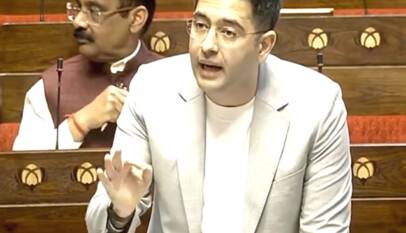State Challenges Before the 16th Finance Commission
– M.K. Stalin
Honorable Chief Minister of Tamil Nadu
The 16th Finance Commission meeting, chaired by eminent economist Dr. Arvind Panagariya, is underway in Tamil Nadu. This expert committee has been constituted to address India’s pressing economic challenges and the imbalances in the fiscal relations between the Union and the states. The commission’s decisions are expected to shape fiscal policies for the next five years and influence India’s economic trajectory significantly.
In the context of global economic transformations, new opportunities have arisen, such as shifting trade policies with allied nations and the reorientation of production and investment back to the country. These changes present unique opportunities for India and Tamil Nadu alike. However, to capitalize on these opportunities, it is crucial for states to receive equitable fiscal allocations and focus on spurring development.
Since the establishment of the first Finance Commission in 1951, each subsequent commission has adapted its approach to address the financial challenges of its time. While the commissions have aimed to ensure equitable resource allocation to states through tax devolution and grants, challenges persist. For instance, despite the 15th Finance Commission recommending 41% tax devolution to states, states received only 33.16% during its first four years, due to unexpected changes in the Union’s tax policies and additional levies.
Increasing State Share to 50%
To strengthen state governments’ financial autonomy and enable them to implement effective development programs, it is essential to increase the share of tax devolution to 50%. This move would empower states to introduce initiatives benefiting their populations and address fiscal challenges.
Unique Challenges of Advanced States
States like Tamil Nadu face distinct challenges, such as aging populations requiring more healthcare and welfare programs, declining consumption-based tax revenues, and the pressures of urbanization. For instance, Tamil Nadu’s urban population is projected to reach 57.30% by 2031, significantly higher than the national average of 37.90%. To meet these demands, adequate investment in urban infrastructure and resources is necessary.
A Balanced Approach
The commission must adopt a balanced approach that supports economically weaker states while also incentivizing growth in advanced states. By fostering equitable growth, India can strengthen its overall economic position globally. The Finance Commission’s recommendations will not only determine the economic future of the states but also shape India’s trajectory as a leading global economy.
Issued by: Director, Department of Information and Public Relations, Chennai-9.
From Playrooms to Prototypes : How an Eight-Year-Old Is Quietly Redefining What It Means to Learn, Build, and Belong in India’s Hardware Future
Hyderabad, Feb 2026 : At a time when India is doubling down on manufacturing, electronics,…




















